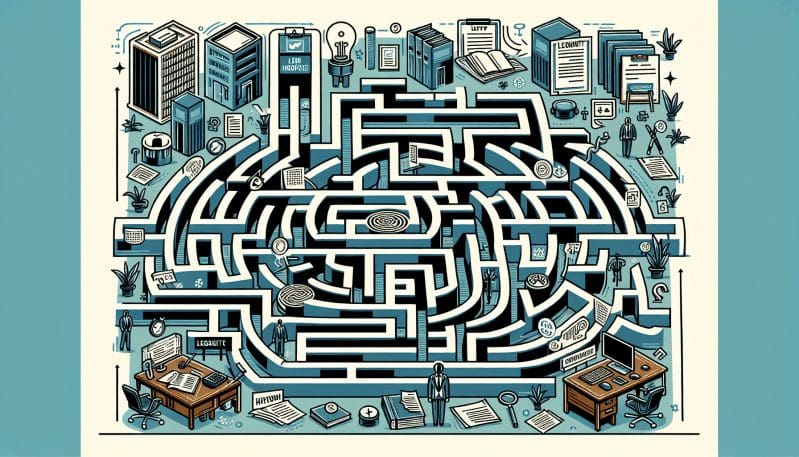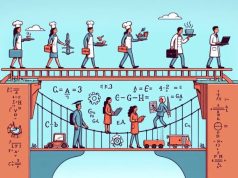As the modern workplace evolves with breakneck speed, businesses around the world are faced with the daunting task of navigating the labyrinth of HR compliance—a maze of laws, regulations, and best practices that grow more complex by the day. This intricate network of rules serves as the backbone of the employer-employee relationship, designed to safeguard interests on both sides of the corporate aisle. Yet, for those tasked with deciphering and implementing these protocols, the journey is fraught with challenges and pitfalls. In this exploration, we delve into the heart of HR compliance, examining the multifaceted layers and how they affect the modern workforce.
The patchwork of state and federal employment laws is a formidable starting point in our journey. Each jurisdiction boasts its own set of rules, and businesses operating across state lines—or even internationally—must juggle these variances with precision and care. The Family and Medical Leave Act (FMLA), Fair Labor Standards Act (FLSA), Americans with Disabilities Act (ADA), and a multitude of other legal frameworks form a complex tapestry that HR professionals must master.
Internationally, the rise of globalized economies has ushered in the importance of understanding and adhering to international labor standards. Organizations now must account for the International Labour Organization’s (ILO) guidelines as well as the labor laws of every country they operate in. The global workforce is more connected than ever, and a misstep in compliance can have far-reaching consequences.
Technological advancements also play a pivotal role in shaping HR compliance strategies. The advent of data analytics, artificial intelligence, and digital record-keeping promise enhanced efficiency and accuracy in compliance management. However, they also introduce new challenges—such as data privacy and security concerns under laws like the General Data Protection Regulation (GDPR).
The role of HR professionals and legal experts has never been more critical. They are the vanguard, tasked with ensuring that companies not only meet the minimum legal requirements but also create thriving workplace cultures within these frameworks. It’s a delicate balance between adhering to the letter of the law and nurturing a work environment that fosters innovation, inclusion, and engagement.
Successful organizations recognize that compliance should not be a chokehold stifling creativity but rather a structure that supports ethical and equitable business practices. These companies employ proactive strategies, such as ongoing training, regular audits, and clear communication channels to ensure that compliance is woven into the fabric of their corporate culture. Yet, failure to keep pace with the rapid evolution of HR laws and regulations carries significant risks including legal penalties, financial losses, and damage to reputation.
As we dissect the labyrinth of legality in HR compliance, it is clear that the journey is complex but navigable. With a blend of expert knowledge, technological assistance, and a commitment to ethical standards, businesses can chart a course through this maze—emerging on the other side with a resilient, compliant, and competitive workforce. Join us as we continue to explore the dynamic interplay between work, worker, and workplace in the context of modern HR compliance, an ever-changing landscape requiring vigilance, adaptability, and foresight.


























